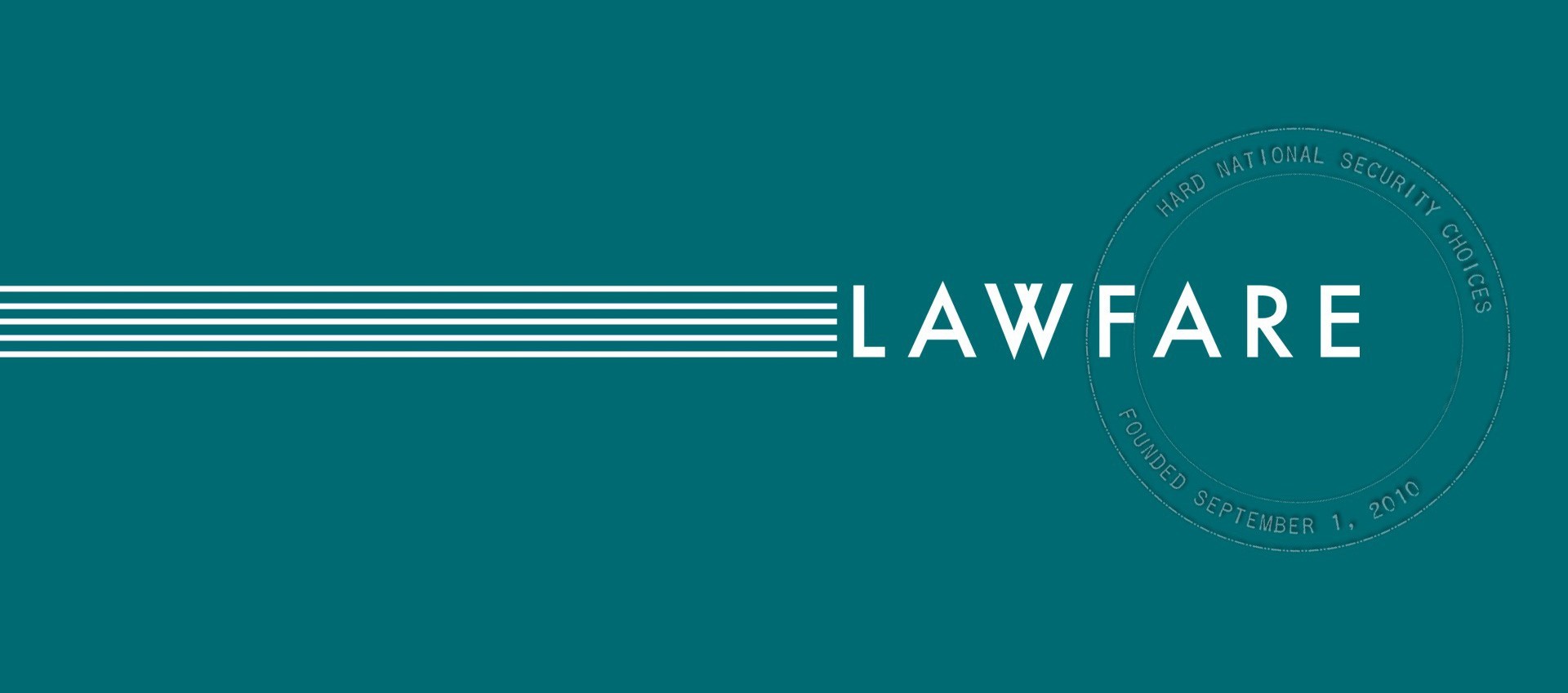Private Data/Public Regulation
Published by The Lawfare Institute
in Cooperation With

Policing increasingly relies on the collection of digital data, often of people for whom there is no basis for suspicion. Police seek fewer search warrants and more requests to harvest metadata, they buy data from brokers, they track location and other aspects of our lives. Sometimes police collect the data themselves. More often they gather it from third parties. They do so by purchase, and by court order. The benefits of this approach are uncertain, but placing this much personal data in the hands of the government has its costs. It endangers our personal security, and our sense of privacy. It threatens racial equity, and our right to associate, including for political activity. It puts enormous power in the government to control behavior. This article makes the novel argument that, as a matter of constitutional law, policing agencies cannot collect digital data, particularly about individuals for whom there is no suspicion of wrongdoing, without a sufficient regulatory scheme in place. This includes a justification for collection that can be shown to further public safety, and sufficient safeguards to protect individual interests. if these practices are to continue, legislative authorization and regulation is requisite.



